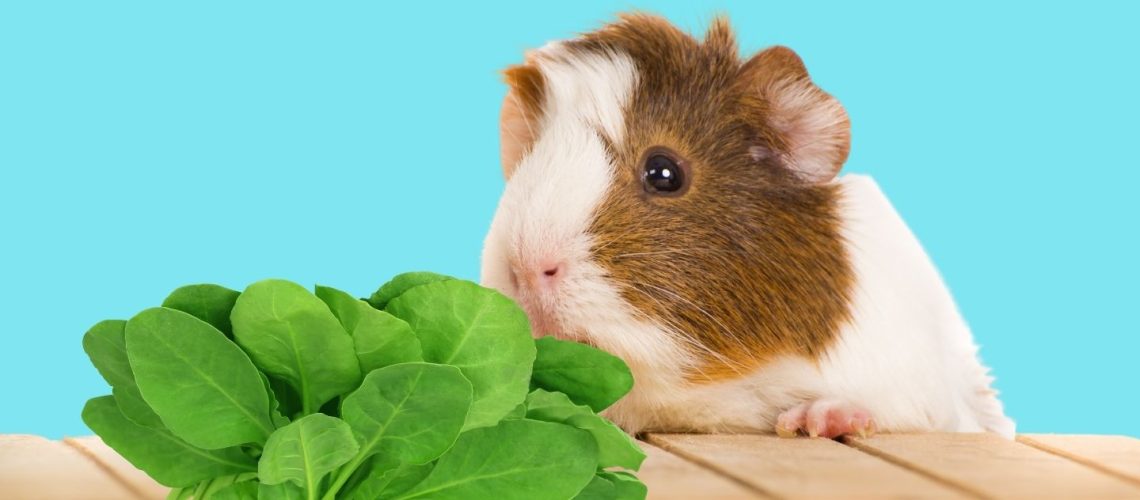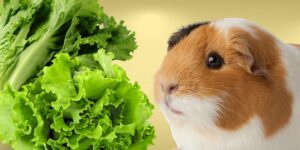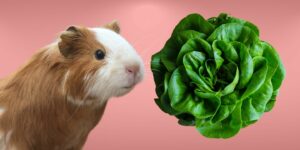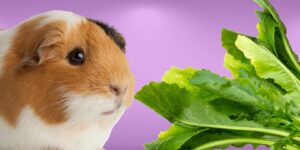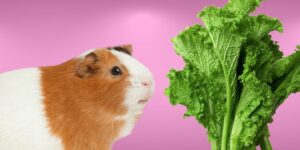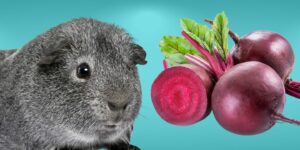Yes, guinea pigs can eat spinach. However, it should only be given to them in moderation and as an occasional treat. Spinach is a leafy green vegetable that provides various health benefits, but it also contains oxalic acid, which can pose some risks to guinea pigs when consumed in large quantities. By understanding the nutritional profile of spinach and the proper portion sizes for your guinea pig, you can ensure that your furry friend stays healthy and happy.
Introduction
What is spinach?
Spinach is a dark, leafy green vegetable that is widely consumed due to its nutritional benefits. It is a popular ingredient in various dishes and can be eaten both raw and cooked.
Nutritional profile of spinach
Spinach is rich in vitamins A, B6, C, and K, as well as essential minerals like iron, potassium, and magnesium. It also contains antioxidants, phytonutrients, and fiber, which contribute to its numerous health benefits.
Why guinea pigs need a varied diet
Guinea pigs require a varied diet, consisting of high-quality hay, fresh vegetables, and guinea pig pellets, to stay healthy. A balanced diet helps in preventing diet-related health issues and ensures they receive all the necessary nutrients.
Benefits of Spinach for Guinea Pigs
Vitamin C content
Guinea pigs cannot synthesize vitamin C on their own, making it a crucial component of their diet. Spinach is a good source of vitamin C, which promotes a healthy immune system and aids in the absorption of iron.
Vitamin A, B6, and K content
Spinach also provides vitamins A, B6, and K, which support healthy vision, metabolism, and blood clotting, respectively.
Mineral content
The essential minerals found in spinach, like iron, potassium, and magnesium, contribute to various bodily functions, including maintaining proper blood circulation and promoting healthy bone development.
Antioxidants and phytonutrients
Spinach is rich in antioxidants and phytonutrients, which can help protect your guinea pig's cells from damage caused by free radicals.
Fiber content
Spinach contains fiber, which aids in digestion and helps maintain a healthy gut in guinea pigs.
Risks of Feeding Spinach to Guinea Pigs
Oxalic acid and calcium absorption
Spinach contains oxalic acid, which can interfere with the absorption of calcium in the body. High levels of oxalic acid may lead to the formation of calcium oxalate crystals, causing bladder stones.
Formation of bladder stones
The formation of bladder stones in guinea pigs can be painful and potentially life-threatening. Therefore, it is essential to regulate your guinea pig's spinach intake to minimize this risk.
Potential allergic reactions
Although rare, some guinea pigs may have an allergic reaction to spinach. Keep an eye on your guinea pig for any signs of discomfort or distress after consuming spinach.
Pesticide residues
Spinach can contain pesticide residues, which can be harmful to your guinea pig. Always wash spinach thoroughly before feeding it to your guinea pig.
Proper Portion Size for Guinea Pigs
Recommended weekly amount
Offer no more than a small cup of fresh spinach leaves per guinea pig per week to ensure they are not overindulging in this vegetable.
Importance of a balanced diet
Rotate the vegetables in your guinea pig's diet to provide a balanced mix of nutrients and prevent any nutrient deficiencies.
Rotating vegetables in their diet
In addition to spinach, include vegetables like kale, romaine lettuce, cilantro, parsley, and bell peppers in your guinea pig's diet to introduce a variety of nutrients.
How to Feed Spinach to Your Guinea Pig
Washing and preparing the spinach
Wash spinach leaves thoroughly before feeding to remove any pesticide residues or dirt. Remove any tough stems to make it easier for your guinea pig to munch on the leaves.
Mixing with other vegetables
Mix spinach with other vegetables to provide a nutrient-rich salad for your guinea pig. This will also prevent your guinea pig from eating too much spinach at once, hence minimizing health risks.
Monitoring your guinea pig's reaction
Watch your guinea pig for signs of discomfort or distress after feeding them spinach. If they experience an allergic reaction or display discomfort, stop feeding spinach immediately and consult your veterinarian.
Conclusion
Guinea pigs can have spinach as part of a balanced diet, but it is crucial to feed it in moderation and as an occasional treat. Monitoring your guinea pig's intake and ensuring they receive a variety of vegetables will help keep them in good health. For personalized advice on the ideal diet for your guinea pig, consult your veterinarian.

